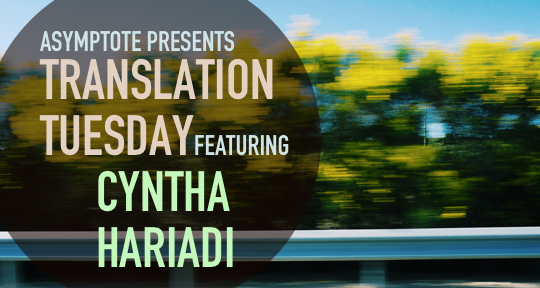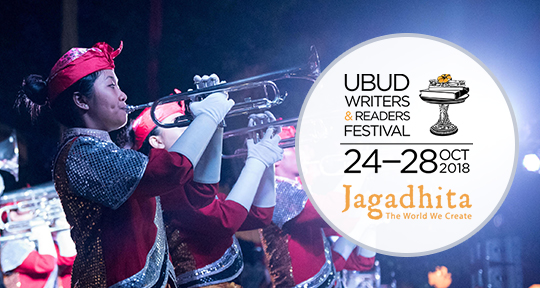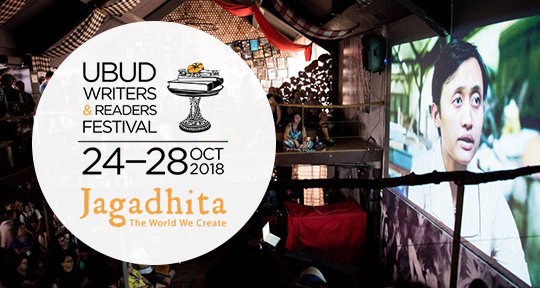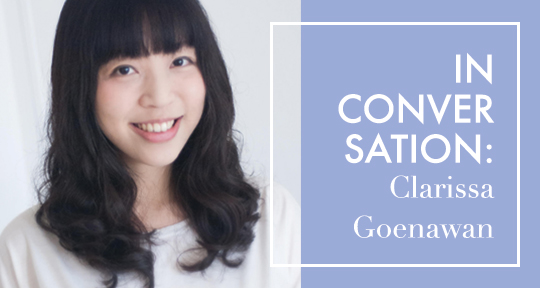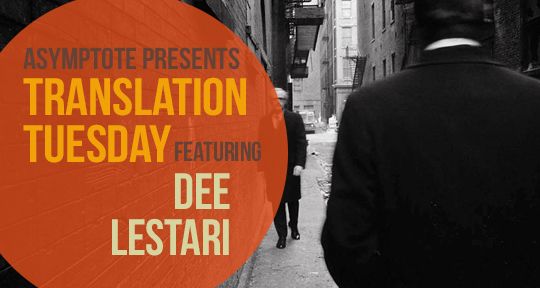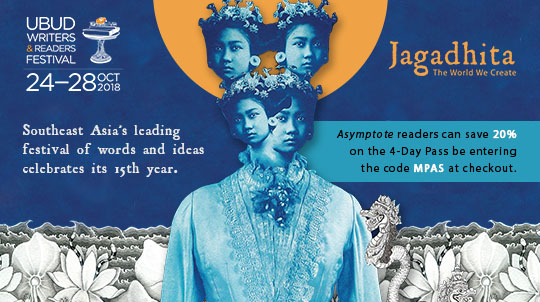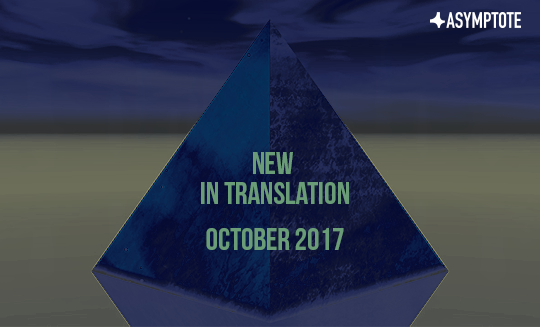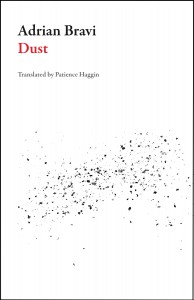Writer and world-renowned feminist theologian Marianne Katoppo maintained that theology was rooted in language. Asymptote Indonesia Editor-at-Large and poet Norman Erikson Pasaribu makes the case that with her writing, Katoppo also challenged and defied the systemic injustices of Indonesian society that were inherent in language, too. Enjoy Norman’s beautiful essay in English and scroll down to read it in the original Indonesian.
From approximately the 500 classic Malay proverbs that I had to memorize as a child, one of the proverbs I loved most was: ‘Like a frog under a coconut shell.’
The illustration is clear: a frog that never surpasses the boundaries of a coconut shell will only view the world as a dark, quiet, and limited place. If anyone were to tell it that there’s another world: a colorful and bright place, with music and an open natural landscape, this frog will say it’s a lie.
—Marianne Katoppo
“After all, language is where theology begins,” Marianne Katoppo writes in her revolutionary book, Compassionate and Free: An Asian Woman’s Theology (1979).
She then presents an argument about how sexism and patriarchy in the church are rooted in language. She says that in Hebrew, the Holy Spirit Ruakh is feminine, which evolved into Pneuma, a gender-neutral form in Greek by the Septuaginta translator, and then changed into the masculine in Latin. “Therefore, the Trinity we have now is entirely male,” Katoppo concludes.
Indonesia is a nation where people’s lives are strongly driven by religion. This is clear even in the first principle of Pancasila, the Indonesian state’s foundational philosophy: “Believe in the one Supreme God.” Thus, although the Indonesian language does not have the concept of gender in its grammar, it is unsurprising that the country’s religious institutions—which have been long dominated by men—have also contributed to an unfair system of privileges. Religious institutions often become the first barrier that “the other” has to face in order to be a whole individual.
Marianne Katoppo’s life was a constant battle against such oppressive structures. Born in 1943, Katoppo was raised in a family with feminist values. Her father was the minister of education of the short-lived State of East Indonesia (1946—1950), and he upheld gender equality among all of his ten children. Katoppo pursued her theological education at the Jakarta Theological Seminary before leaving Indonesia and continuing her theological studies in Switzerland, Japan, England, Korea, and Germany while also studying languages. Later, she continued to explore the edges of the world to teach feminist theology.
Katoppo’s interest in theology was entwined with her passion for languages. She published her first short story at the age of eight. Besides her seminal work, Compassionate and Free: An Asian Woman’s Theology, Katoppo also published five novels: Dunia Tak Bermusim (A World with No Season, 1974), Raumanen (1977), Anggrek Tak Pernah Berdusta (The Orchid Never Lies, 1977), Terbangnya Punai (The Green Pigeon Flies Away, 1978), Rumah di Atas Jembatan (The House on the Bridge, 1981). She won the prestigious Jakarta Arts Council Novel Competition in 1975 for Raumanen and became the first woman to win the SEA Write Award in 1982. Fluent in twelve languages, she translated Knut Hamsun, Nawal El Saadawi, and Elie Wiesel into Indonesian—all of which were published by Obor, a Catholic publishing house in Jakarta. Given the enormity of her achievements, I—born and raised in Indonesia—seriously believe that no Indonesian man has matched Katoppo’s accomplishments. READ MORE…


